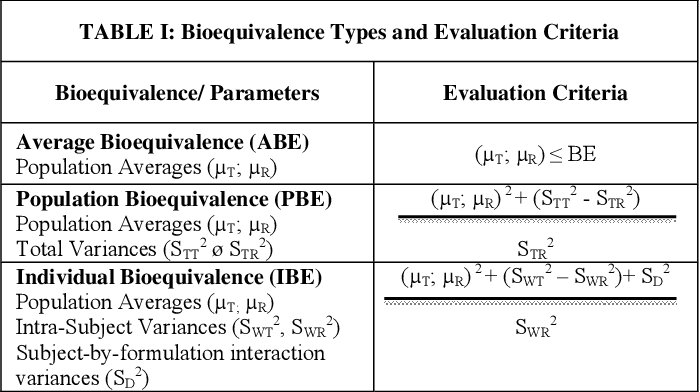
Thus, there is nothing in the published literature that provides a systematic and objective evaluation of the clinical decision support tool this article focused on – the online drug database. None of those articles targeted overall drug database use by healthcare practitioners nor were they comprehensive in their database selection.


Finally, a few recent articles have been published which examined a narrow spectrum such as electronic or online databases used for identifying prescription and over-the-counter (OTC) solid dosage forms and herb-drug interactions. Another article looked at several drug databases from the perspective of librarians and pharmacists, but used only ten questions in their assessment and omitted some of the most commonly used databases. A handful of evaluations of these types of resources have been undertaken including a forward-thinking paper published in 1997 which focused on evaluating electronic databases for questions specific to decentralized pharmacists. However, the choice of which commercial database to consult, purchase or subscribe to is likely made based on subjective elements such as history of use, familiarity, or availability during professional training. These drug information databases are used to assist in enhancing clinical decision support regarding a number of patient-related therapeutic choices including: determining weight-based or renally-impaired dosing regimens, monitoring for drug interactions, and identifying safety risks. One example of resources is the online drug information databases. In addition to online databases that provide access to the primary literature such as Medline, commercially available databases are often used to assist with decision making.


Considering the estimate that the entire body of medical knowledge doubles every two years, it is no surprise that health information technology and computer-based decision support resources have been targeted for their potential value in enhancing safety and improving patient outcomes.


 0 kommentar(er)
0 kommentar(er)
